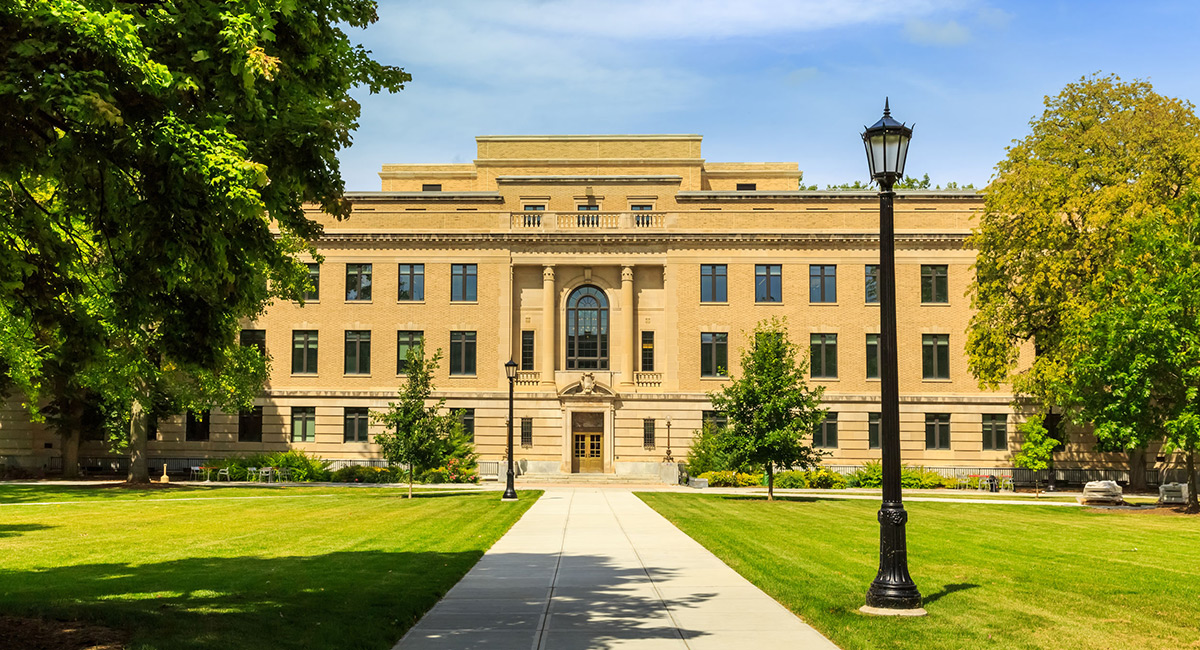In the last week or so, I have read about happenings at several Ivy League schools, most predictably wretched, but at least one, at Cornell, showing much intelligence and concern for students. Let’s talk about four schools, in order of founding.
Harvard, America’s first university, finally relented and dropped its controversial policy restricting student rights to free association outside of their studies, namely the policy banning single-gender organizations, rather ironic for a university that banned female students for the first one-third of a millennium (more than 85%) of its history. While Harvard’s policy change is good, President Lawrence Bacow made it clear that he acted only because he had to: federal courts were going to force Harvard to do so.
As the Foundation for Individual Rights in Education Executive Director Robert Shibley put it “While this “Crimson Scare’ is finally over, lasting damage has been done to many cherished men’s and women’s groups that either shut down or were muscled into changing their policies against their wishes.” Meanwhile, Harvard’s administration and faculty maintains its freedom of association from students: it plans to use almost fully remote instruction this fall, even though students likely will gather in Cambridge to party and Zoom.
Moving on to Yale, President Peter Salovey appropriately rejected protesters who said the name “Yale” should be removed from the institution—the ultimate expression of the Cancel Culture. Elihu Yale was a slave trader holding views considered reprehensible by most civilized American adults today, but helped fund an institution that has educated young people for more than three centuries. Salovey does not always show such common sense: In 2015, he and his aides refused to defend Erika Christakis for daring to suggest it was not Yale’s job to tell students what kind of Halloween costumes to wear, ultimately hounding her and husband Dr. Nicholas Christakis off campus. Yale was quick to take John Calhoun’s name off of a college, for he, too, owned slaves and defended the Southern way of life 180 years ago. Implicitly Yale is saying, “our current generation of Yalies is morally superior to the scum who founded, funded and nurtured us,” so we must erase recognition of their accomplishment. It shows a contempt for our history, heritage and ancestors that I find morally dubious.
Going to Princeton, more of the same. Woodrow Wilson’s name must go, even though he was good enough for Princeton to make him its president for eight years. It is true that Wilson was a racist and more: he said contemptuous things about immigrants from southern Europe, for example. Personally, I think he was one of the most overrated presidents in American history. Yet I think it was wrong for Princeton to show its ingratitude for a man important in the shaping of both that school and the nation. Again, the current anti-historical mood: “We are morally upright and our predecessors were scum” is, in my judgment, despicable, even though I equally believe that the evolution of moral standards over time to rejecting racial discrimination has been a wonderful thing.
Enough negativism. Let us turn to the last created Ivy League school, one more democratic and less elitist than the other Ivies (it is, horror of horrors, partly a public university): Cornell. Provost Michael Kotlikoff and President Martha Pollack have declared Cornell will reopen this fall for classes (see their superb July 1 Wall Street Journal op-ed). The school will track and isolate Covid-19 cases and take other measures to insure safety. They make a great point: if students did not return to traditional classes, Covid cases would probably not fall, maybe even rise—students would simply be living at least part of the day in a different environment. And large portions of the student body would return to campus anyway and, outside of class-time, party and socialize in a distinctly non-social distancing manner. Public health would be imperiled, not improved. Moreover, students need socialization, direct interaction with other students, etc. (See the recent superb statement from the American Academy of Pediatrics supporting in-class instruction of younger students). That is why I, celebrating my 80th birthday this fall, plan to return to teach in person unless apparatchiks at Ohio University successfully stop me.













